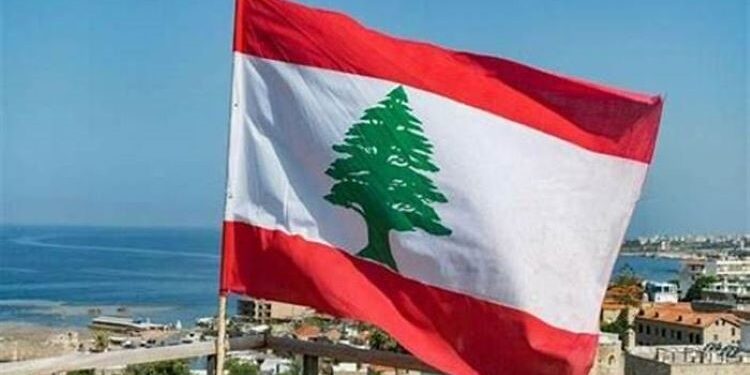Eduardo González
The Spanish Government welcomed on Wednesday the announcement of an agreement for a 60-day ceasefire in Lebanon, “an essential condition for addressing the humanitarian situation in Lebanon and proceeding with the full implementation of Resolution 1701 of the United Nations Security Council.”
In a statement, the Ministry of Foreign Affairs assured that “Spain maintains its commitment to regional stability” through its contribution to the UN mission (UNIFIL) and “will support de-escalation efforts to allow the return of displaced persons to their homes on both sides of the Blue Line and move towards a political solution to the conflict.”
“The ceasefire in Gaza, which allows the entry of humanitarian aid on a large scale and the release of hostages, remains key to regional de-escalation,” the statement continued. “Only the implementation of the two-state solution will allow the foundations to be laid for a fair and lasting peace in the region,” the text concludes.
The Israeli government and the Lebanese Shiite militia Hezbollah agreed on Tuesday, with the mediation of the United States and France, to a 60-day ceasefire that includes the gradual withdrawal of Israeli troops from occupied areas in southern Lebanon and the handover to the Lebanese Army of control in areas previously dominated by Hezbollah. However, Israel has warned that its troops will remain deployed while it assesses the situation on the ground.
The beginning of the cessation of hostilities was announced from the White House by the President of the United States, Joe Biden, and later confirmed by the Israeli Prime Minister, Benjamin Netanyahu, who, in any case, warned that Israel reserves the right to act in the event that Hezbollah violates the terms of the agreement.
For his part, the Minister of Foreign Affairs, José Manuel Albares, has declared through social networks that “the announcement of a ceasefire in Lebanon is good news for peace and security.” “Now, we must move forward in the implementation of Resolution 1701,” he warned. “Spain is committed to UNIFIL, regional de-escalation and a horizon of hope and peace for all in the Middle East,” he concluded.
Albares discussed the previous day with the Secretary General of the UN, Antonio Guterres, “the efforts for peace in the Middle East and Ukraine.” “I have conveyed my support to his work, to the United Nations and its agencies and to the UNIFIL peace mission,” the minister added through social networks. The meeting took place in Cascais (Portugal) on the sidelines of the Global Forum of the Alliance of Civilizations.
On Tuesday, the High Representative for Foreign Policy of the European Union, Josep Borrell, urged the Israeli government to support the ceasefire agreement proposed in Lebanon “by the United States and France”, since, in his opinion, it offers all the necessary security guarantees for Israel. “No more excuses. No more requests. Stop this. Stop fighting. Stop killing people. And let’s start thinking about peace,” warned Borrell – who in the next few days will hand over his position to the Estonian Kaja Kallas, during the meeting of foreign ministers of the G-7 in Italy.






